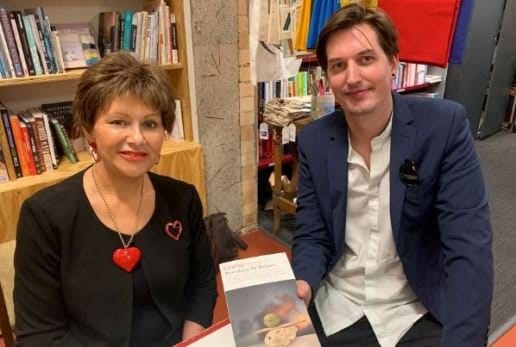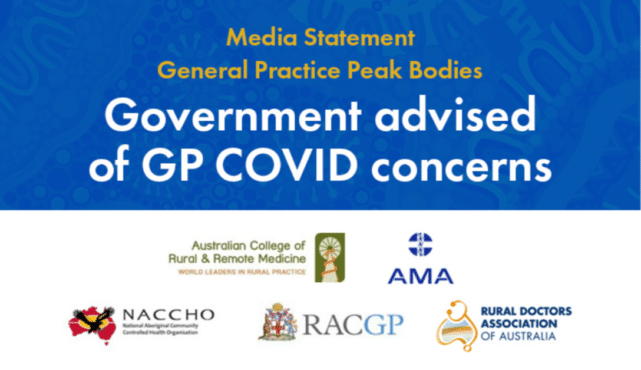

Food insecurity post-pandemic
Wide-ranging systemic and structural changes are needed to ensure food and economic security for Aboriginal and Torres Strait Islander people, according to University of Queensland academics, Professor Bronwyn Fredericks and Dr Abraham Bradfield. Socioeconomic factors and the affordability of fresh food significantly impact what Indigenous peoples consume and what they are able to access. Dr Megan Ferguson and her colleagues conducted a study comparing the price of food baskets in urban supermarkets in Darwin and Adelaide and remote stores in the NT and SA, finding that products from remote locations cost an average of 60% more. In addition to this, Indigenous peoples earn an average weekly income of $250 less than non-Indigenous Australians. This means that in remote Australia – where employment opportunities are scarce and reliance on welfare a necessity – people must stretch their income just to feed themselves and their family. Purchasing cheaper and often unhealthy processed foods is one way to achieve this.
In the wake of the pandemic, we find ourselves in a situation where Indigenous health – which is often compromised by pre-existing (and preventable) health conditions – is placed at greater risk because the underlying issues informing food insecurity and wider socioeconomic disparities haven’t been addressed. Pat Turner, CEO of the National Aboriginal Community Controlled Health Organisation (NACCHO), observes this in relation to Outback Stores, a government-owned company servicing 39 food and general stores across remote NT, WA and SA. In an interview for the ABC, Turner spoke of the government’s delayed and reactive response to food security that in some cases contributed to food shortages during the early days of the pandemic: “Given the fact that we have had Outback Stores for a long time and so on, I’m just really disappointed that the pre-planning wasn’t done to ensure ready access to healthy and affordable food. Our people need access to fresh produce and they need, now more than ever, healthy food to keep their immunity system up.”
To view the full Croakey article click here

Professor Bronwyn Fredericks & Dr Abraham Bradfield. Image source: Griffith Review.

